After birth, most of our attention goes to the baby. Which makes sense! It’s a baby, we love them more than anything, and we are really, really invested in figuring it all out. With this, though, we do not talk enough about the changes the parents go through. This adaptation can be challenging and isolating. And it is also full of questions.
What kind of support might you need postpartum? How do you know when you’ve physically recovered? How much time should you take off work?
I’m here to help! Below, you will find 10 of my most popular articles about navigating the first few months after birth. And feel free to ask a question if you have something else postpartum-related on your mind.
As a free subscriber, you can view up to three articles. If you’d like unlimited access to everything on ParentData, sign up for a paid subscription.
Your Postpartum Support Team
Even when we recognize the need for support, it can be hard to know exactly what kind of support you need. We asked five amazing people who are experts in their fields to describe just what those fields are, and when you might call on them. Read more.

Mental Health After Birth
Let’s start with the basics: although we do not discuss it enough, postpartum depression, postpartum anxiety, and even postpartum psychosis are common. In the first days and weeks after your baby arrives, you will experience a wave of hormones. Read more.
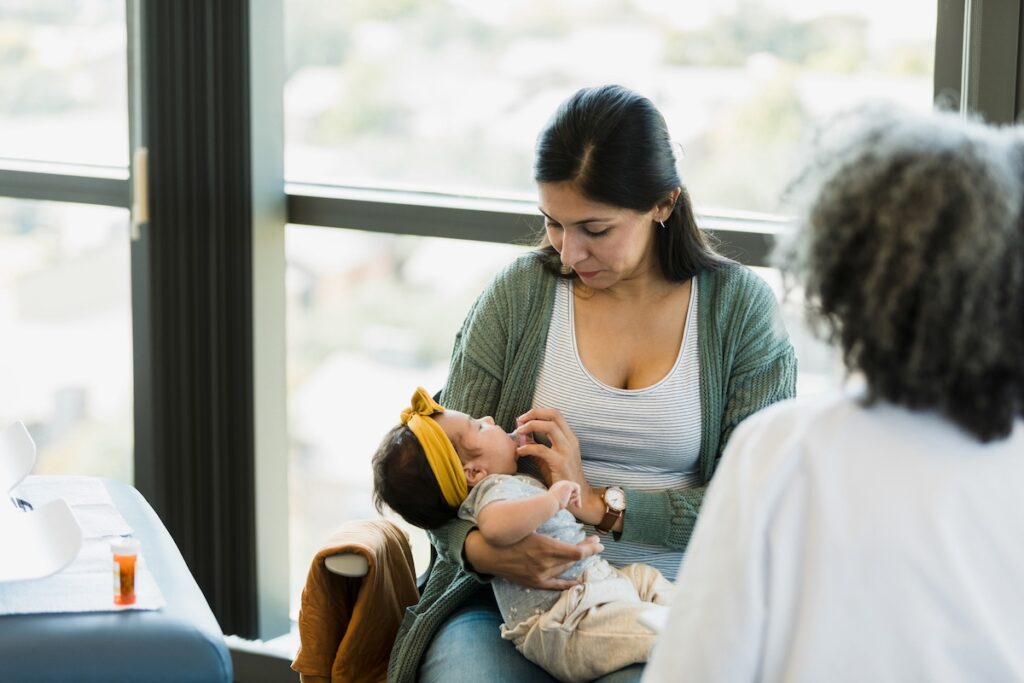
Mom Genes and Other Parent Science
An interview with Abigail Tucker, who wrote Mom Genes. It’s all about the evolutionary science of how being a mother changes our brain. Is “mom brain” real? Read more.

Should I Really Feel “Recovered” From Childbirth at Six Weeks?
As with many things medical, this is an example where some vague sense of the typical length of recovery gets codified into a rule about when people “should” feel better. Read more.
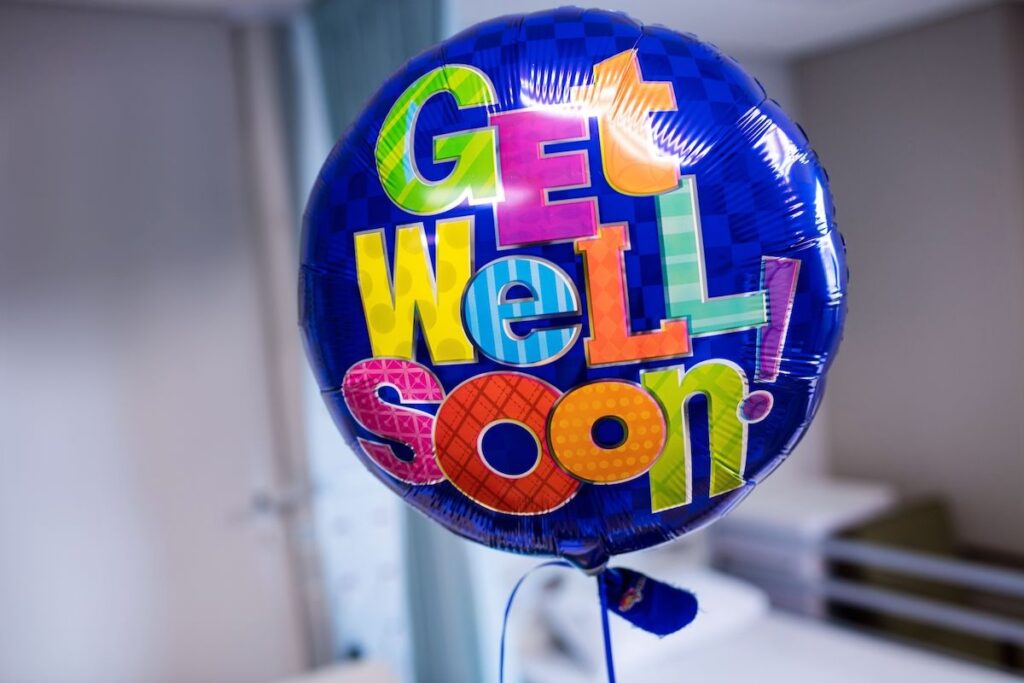
What Can I Do About Postpartum Hair Loss?
Hair shedding typically starts two to five months after giving birth and lasts three to six months. It can result in an appearance of thinning hair, a receding hairline, and, of course, hair in the shower. Read more.
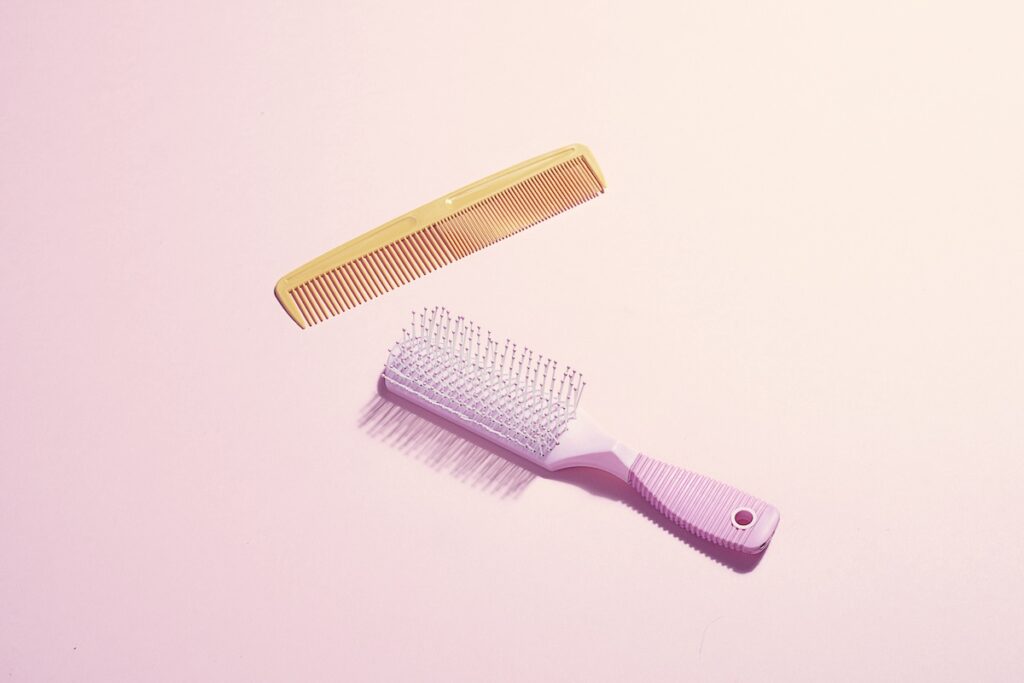
Paid Parental Leave
Paid parental leave, especially paid maternity leave, should be a policy priority. It benefits infants and parents. What does the data say about how long is best for children, and whether parents should work at all? Read more.

Why You Should Test for Anemia
Imagine I told you there was a condition that affected perhaps 25% of women postpartum. This condition caused fatigue (possibly extreme) and irritability, limited cognitive ability, lowered tolerance for physical activity, and contributed to anxiety and depression. Now imagine I told you there was a simple treatment for it, usually given in pill form. Read more.
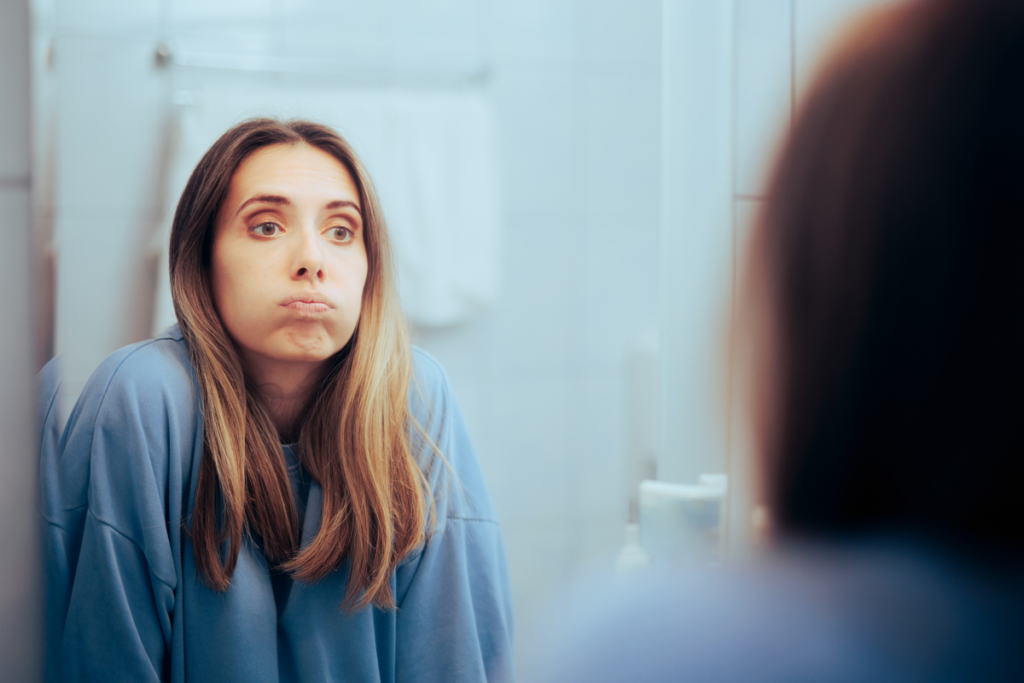
Is Day Care Bad for Children? (or Does Having a Nanny Hurt the Parent-Child Bond?)
Child care choices always rank high in parent discussion and anxiety. Does day care generate behavior problems? Is a nanny going to replace me? Read more about daycare here and nannies here.
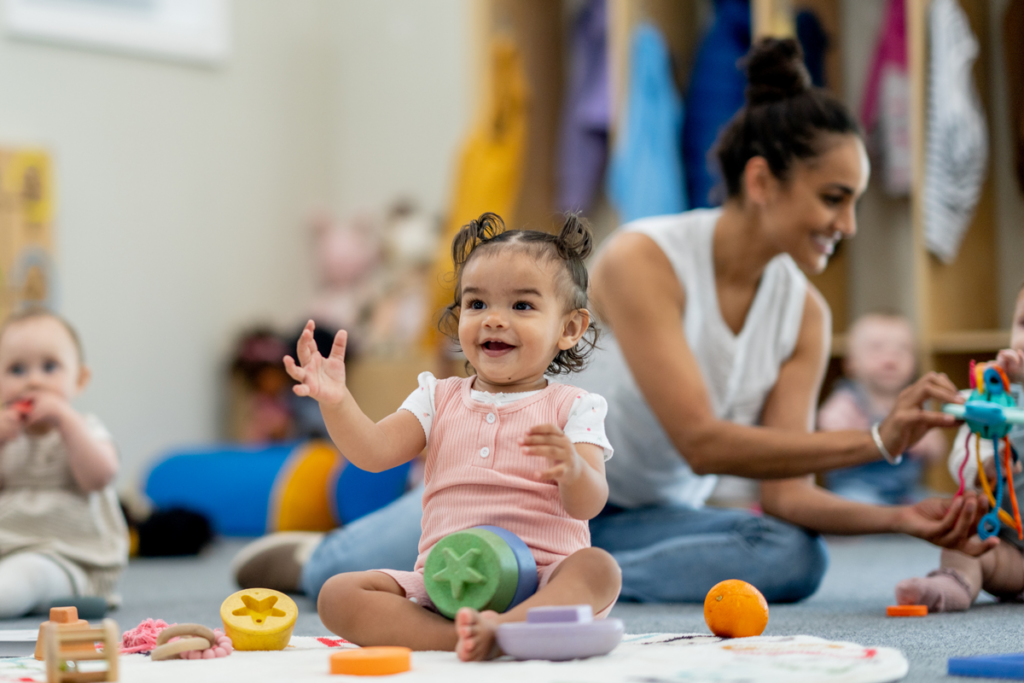
Parenting Trends Throughout History
As a parent, it’s extremely easy to get very focused on “doing it right.” Which means, usually, doing what is considered “right” in your particular time and cultural context. And sometimes, amid this pressure, we need a little perspective. Read more.
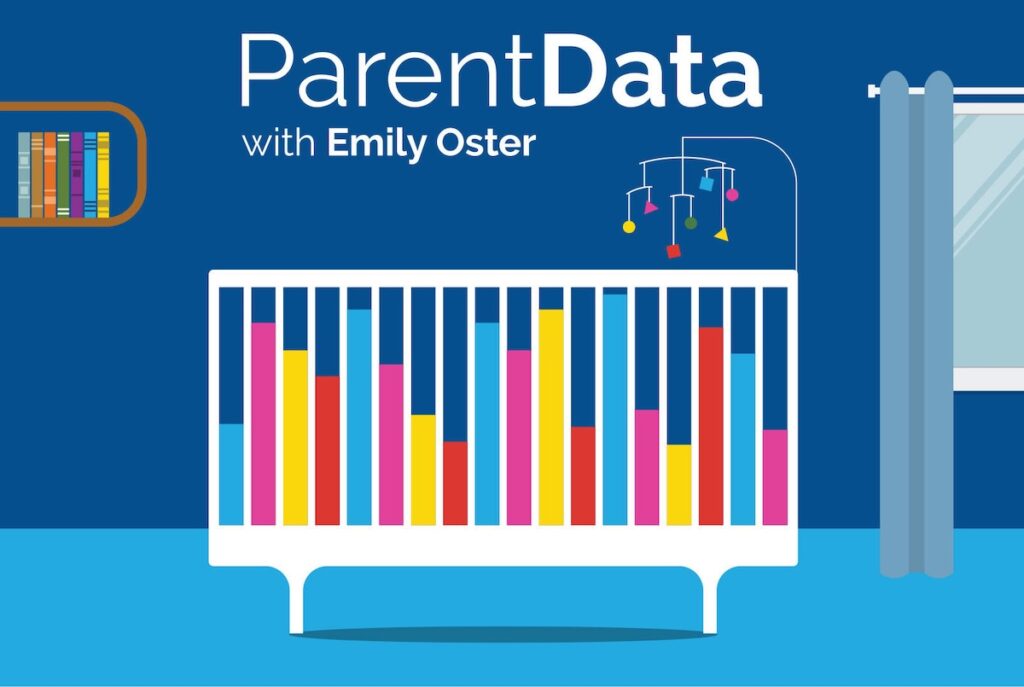
Our Top Reader Comments on Postpartum
We asked our readers to share some words of advice and encouragement they needed to hear postpartum. I hope this offers some comfort during your own postpartum experience. Read more.












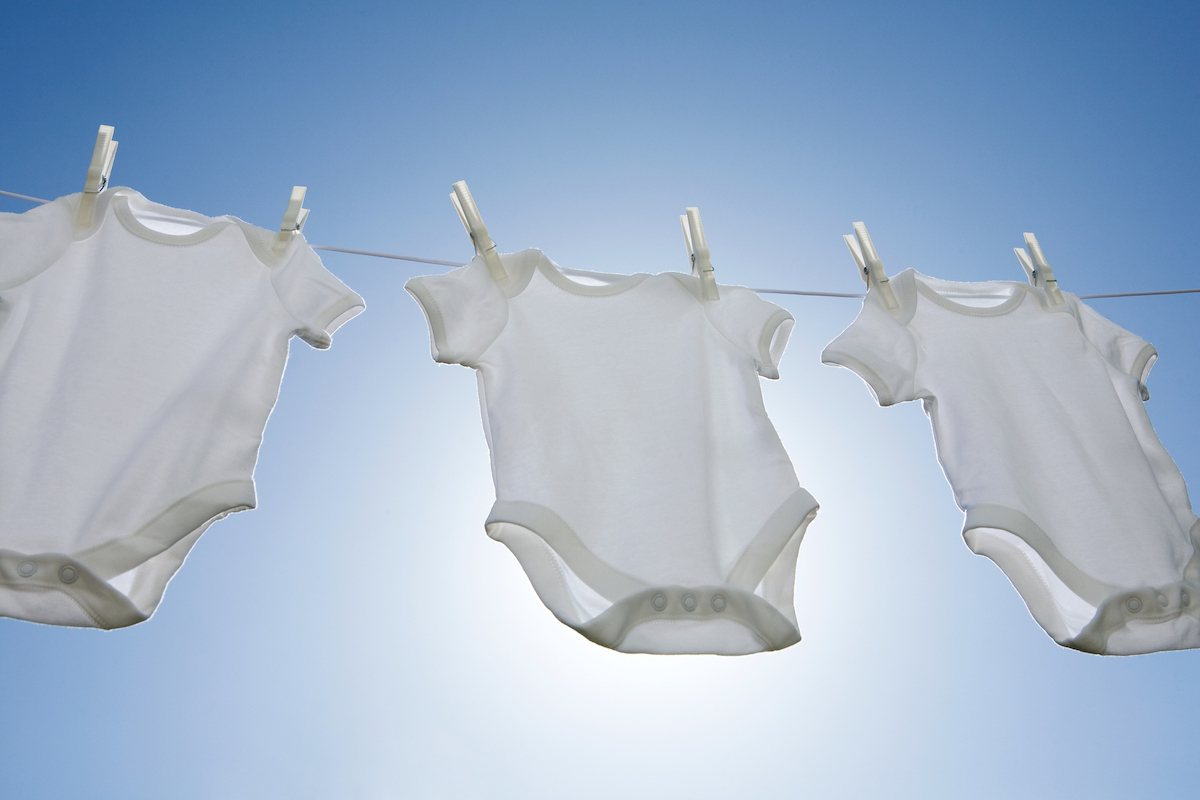
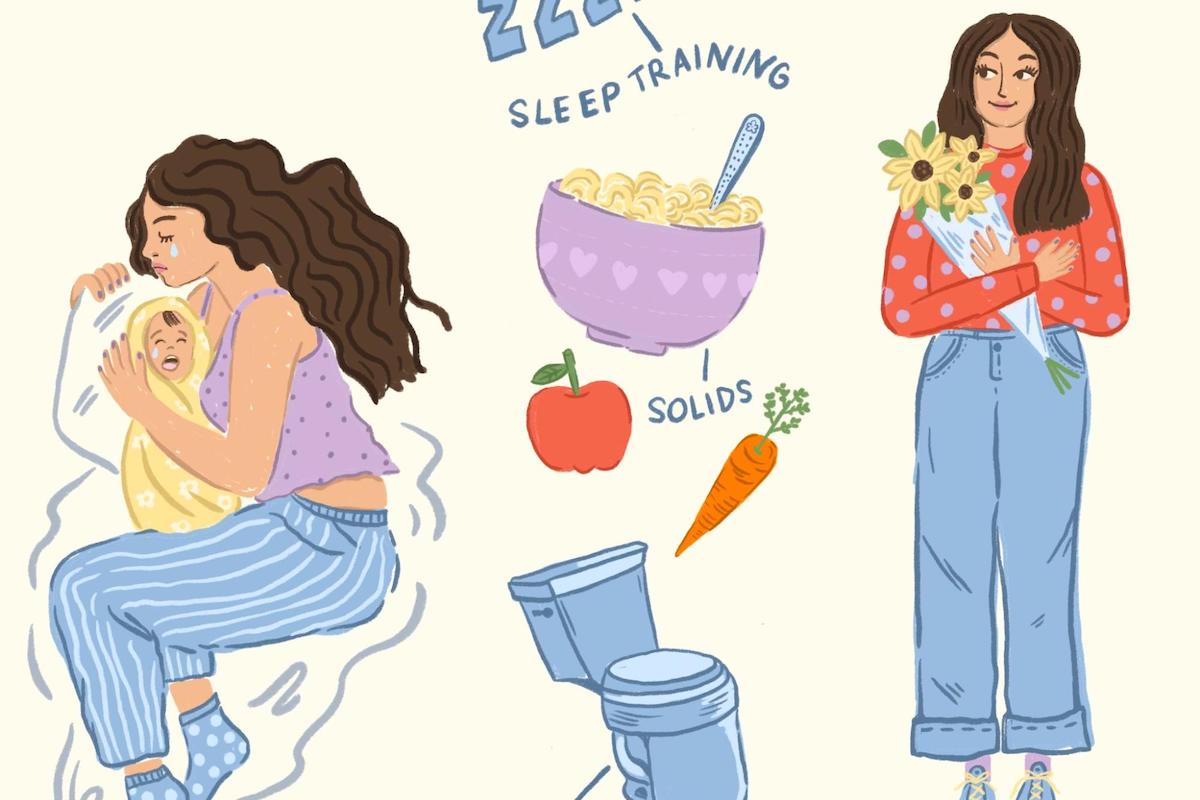
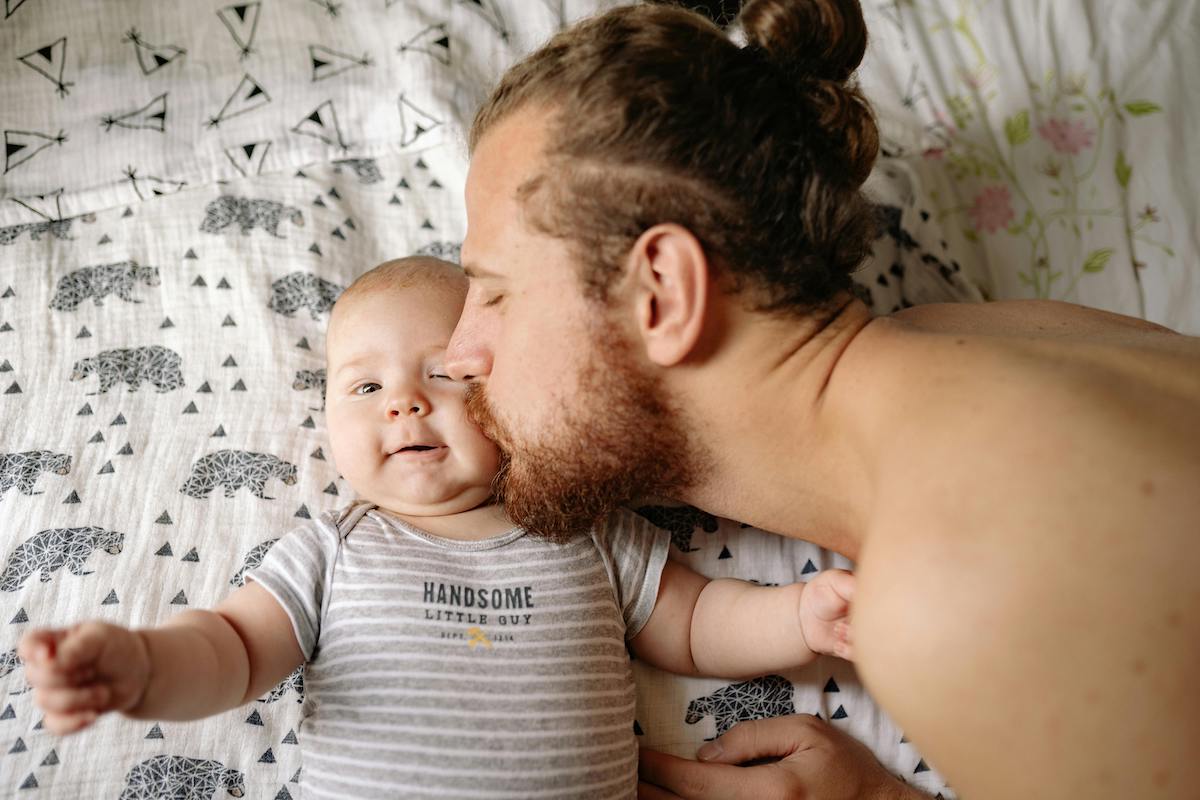
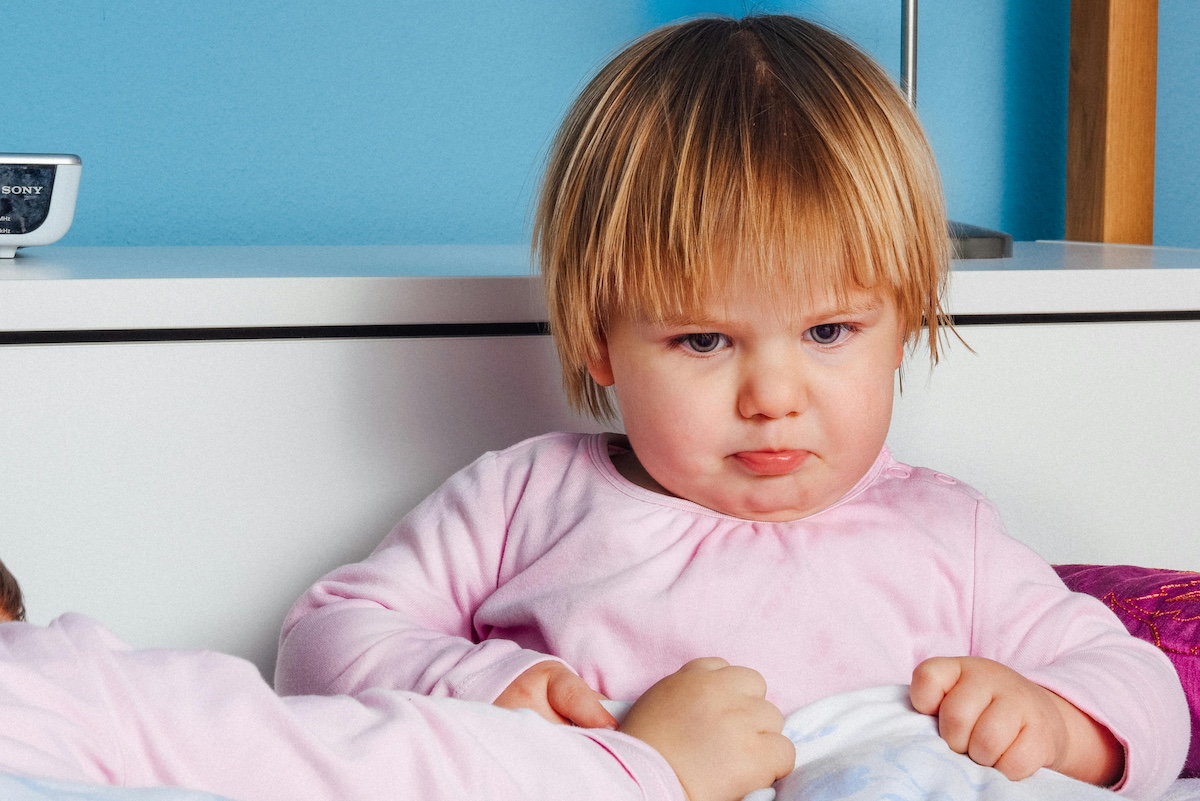



Log in